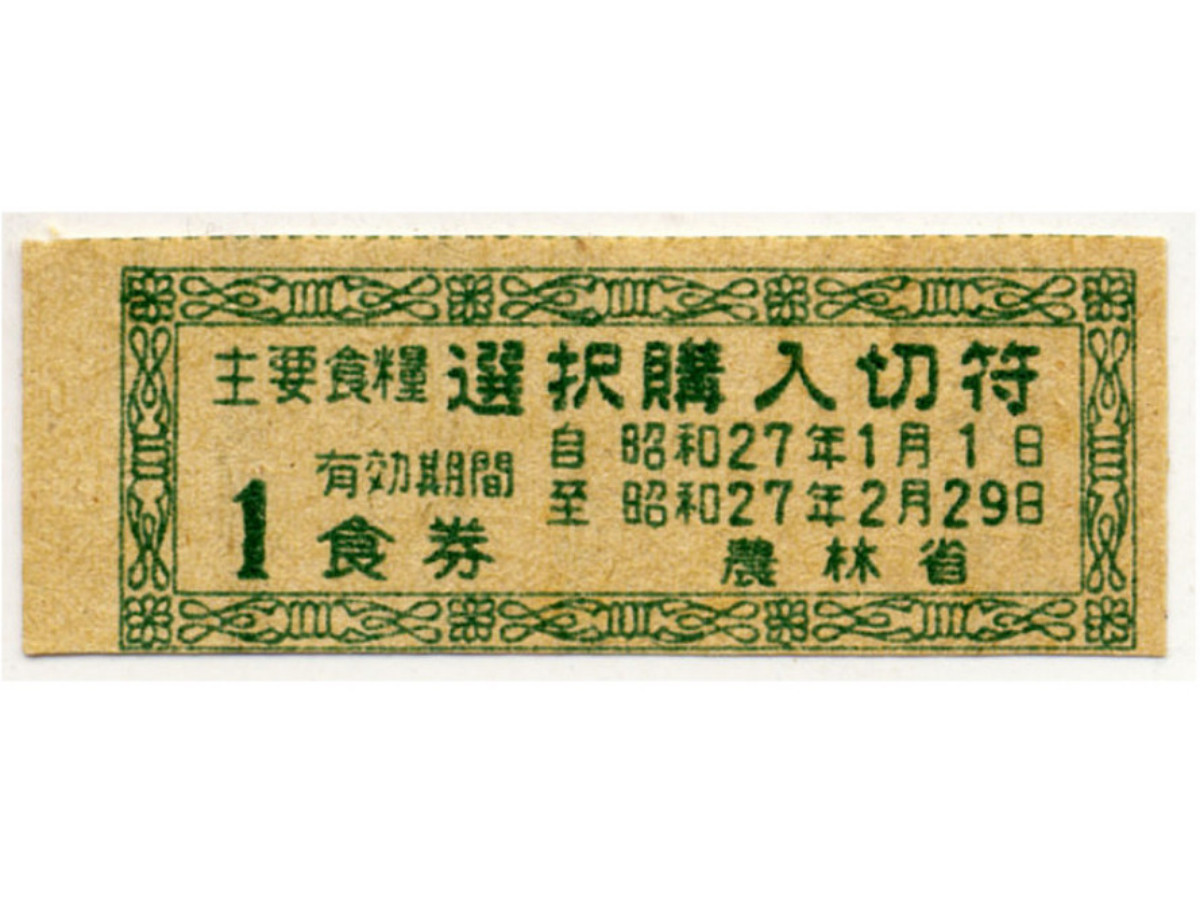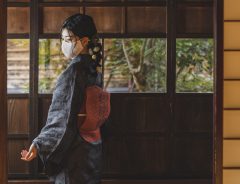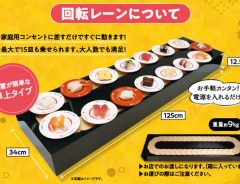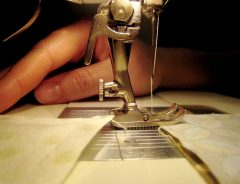
Source: 日本国政府 農林省 / Public domain
Japanese politicians suggest beef tickets, free masks will shield Japan from pandemic: residents disagree
- Tags:
- beef ticket / coronavirus / COVID-19 / food stamps / Mask
Related Article
-

Man who threatened to spread coronavirus in Japan dies in hospital
-

Textile maker releases woven traditional Japanese paper masks for kimono
-

Japanese cheerleader bar carries on business with faceshield masks and gloves–for everyone
-

Popular Japanese Actress Suzu Hirose Subjected to Racist Coronavirus Comments on Instagram
-

Japanese sushi chain releases rentable conveyor belts for home kaitenzushi parties
-

Prisoners Across Japan Join In Fight Against COVID-19 By Producing Face Masks


All around the world, the COVID-19 virus is decimating economies. Lockdowns are increasingly the norm, leaving many service industry employees without an income. Take America, for example, where unemployment claims skyrocketed only weeks after the infection became widespread. Sadly, most governments are dealing with a similar type of shock.
Indeed, the average citizen needs help. American consumers may soon get a substantial check in the mail, while Swedish people are working part-time for 90% of the pay. Many countries are considering rent holidays and other drastic measures. Yet, is it enough?
At the time of writing, Prime Minister Shinzo Abe has just announced his plan to declare a state of emergency. Ironically, only a week ago, columnists were writing about how strangely removed Japan was from the worst of the pandemic. However, recent changes in infection rates, perhaps signaling the dreaded second wave of the virus, have recently been observed.
Wasting no time, Japan is considering numerous support packages to help weary residents outlast the virus. While some are reminiscent of measures taken in the West, others are wholeheartedly Japanese. Hopefully, they will be enough to tide residents over.
Beef Tickets
With stiff competition from international ranchers, Japanese wagyu beef has become something of a premium product. Although its particularly delicious, its sales have plummeted as tourists cancel their trips and households dine-in. Unfortunately, Japnese beef producers are finding themselves with a surplus on hand.
LDP politicians are proposing a novel idea to alleviate the plight of farmers while dealing with the surplus of delectable beef. Government officials are proposing "beef tickets," gift certificates for buying Japanese beef.
Although details are still being debated, the certificates will likely be exchangeable for 400 grams of wagyu beef. Currently, only households with children need check their mailboxes. While providing families a gourmet meal, the move may help farmers recover from the sudden drop in demand.
The beef bill, however, is somewhat controversial. There is likely to be a limited window, about three months, for households to redeem the tickets. As deliberations wear on, several politicians have been forced to question whether a cash handout would not be better. The vegetarians in Japan would undoubtedly agree.
Free Masks for Every Household
Masks are a common sight in Japan. While many employees shy away from using sick leave, they will adorn a medical mask to protect coworkers as they tough it out. Add some cold medicine and a few energy drinks, and likely enough, anyone can power through the day.
This cultural habitat, however, has taken on greater feats during the COVID-19 scare. Pedestrians, commuters, store clerks, and nearly every individual in public is wearing the protective gear as pharmacy shelves become increasingly empty.
Ever the problem solver, Prime Minister Abe recently proposed distributing reusable cloth masks to the nearly 50 million households in Japan. Although the efficacy of masks at preventing infection seems questionable, this protective gear likely has some effect in preventing asymptomatic individuals from spreading the disease. As such, Abe hopes to slow the spread of the deadly respiratory disease.
Residents, however, are not impressed. The plan, which many have dubbed the "Abenomask" initiative, has been widely criticized as a waste of taxpayer money. As it turns out, the fibers of a cloth mask are roughly woven. According to Kazunari Onishi, a public health professor, the effectiveness of cloth masks is indeed limited.
Despite Abe's high motivation to provide masks to everyone, netizens are taking Onishi's side:
Economic Stimululs
Its beginning to seem like free meat and porous cloth masks are unlikely to cover the economic and public health woes of Japan. If there was some uncertainty before, it seems the Abe administration now understands the extent of the situation.
During the past few days, more aggressive stimulus plans are being put forward by Tokyo. Policymakers recently announced they would likely be giving financially depleted households 300,000 JPY ($2,777). The decision came after Fumio Kishida, chairman of the LDP's Policy Research Council, met with Abe. Kishida stressed the need to send cash quickly to families in need.
More recently, after the government announced a state of emergency for Tokyo and several other prefectures, Abe unveiled a massive stimulus package. The plan, worth 20% of Japan’s GDP, will provide support to households as well as small and midsized businesses. Far more significant than the 2009 package, the plan hopes to protect employment while giving a sense of security for citizens fretting over uncertain income. The government plans to issue deficit-covering bonds to fund the emergency initiative.